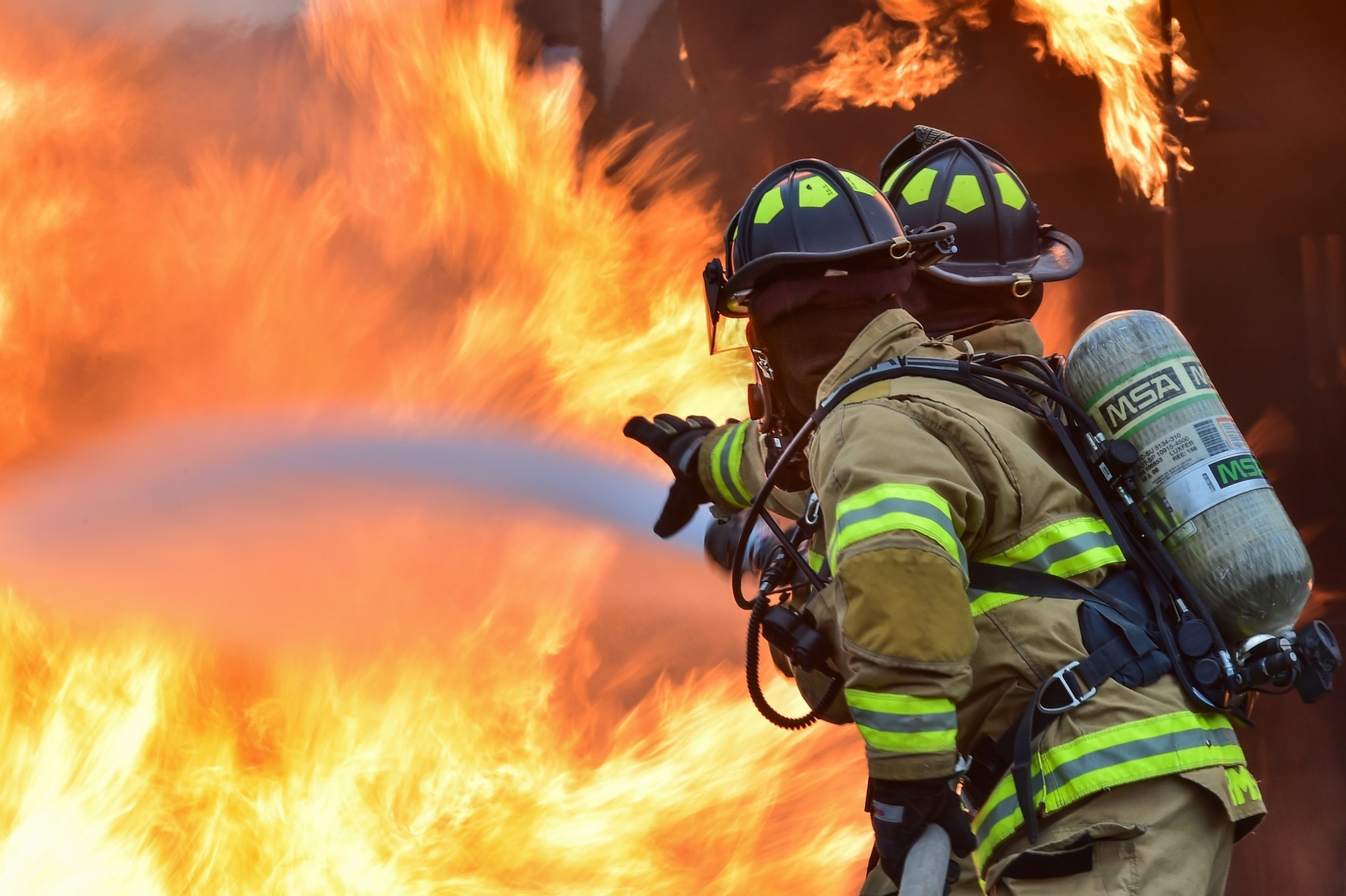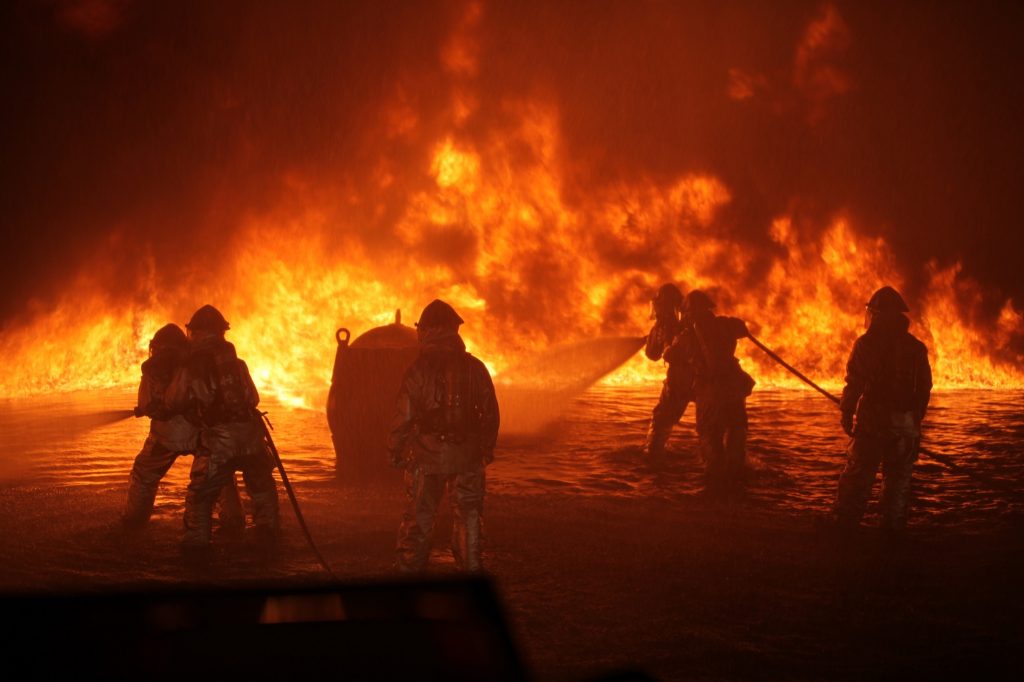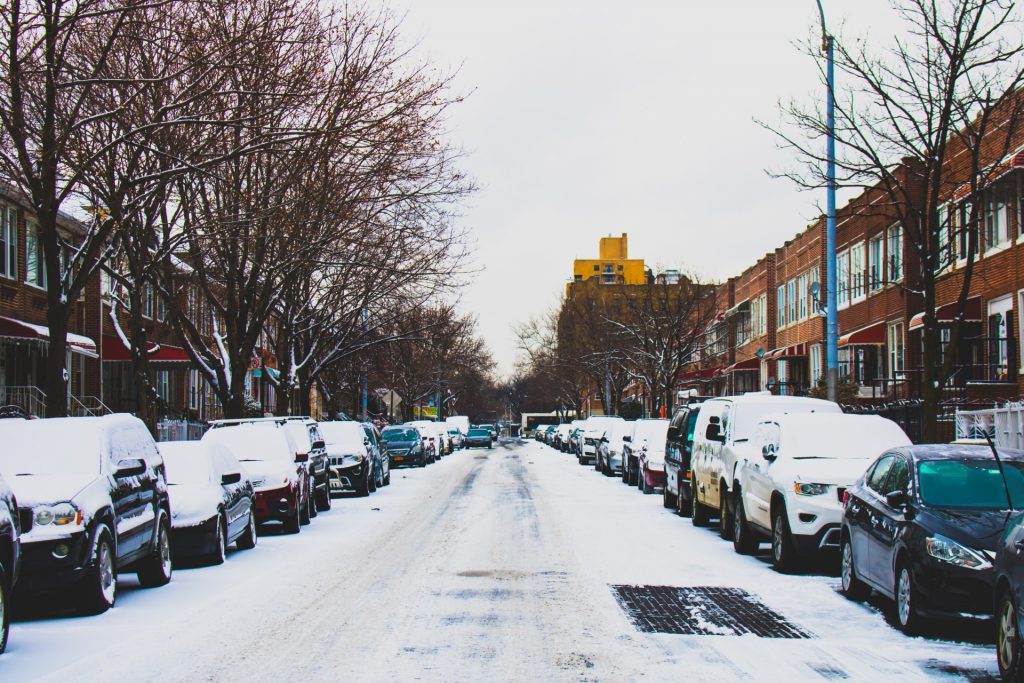Recent Reminders How Much We Need Home Owner Insurance

![]()
One of the most valuable investments you’ll ever make is your home. Insurance isn’t fun to think about but it provides us security when there is unexpected crisis.
Our hearts and prayers go out to so many families in the last year that have had to face devastating weather-related crisis. Hurricane Harvey & Irma destroyed homes & lives. Homes were demolished, families separated, jobs ended, and so many families relocated. The last few weeks in Ventura County, California and Los Angeles had history-breaking wildfires which burned homes to the ground. Over 250, 000 acres of land were incinerated including acres of farmland (crops which provide vegetables and fruits nationwide, as well as some of their livestock). Those fires lasted for weeks with firemen & women hard at work. Shortly following they have had flash floods causing mudslides, worsened by the fact countless homes were gone and the land was covered by ashes from the fire’s aftermath. Over a dozen people died in those mudslides just last week and firefighters are in the process of cleaning up more mud & boulders, finding still more people. Of course, there are weather- related natural disasters occurring daily in this country and we honor the people there to help, praying for families affected.
There can be no more shocking reminder how important it is to insure our homes. Those families with adequate insurance at least have some help to rebuild. Don’t be mistaken, however, the insurance may not cover all their costs unless they have purchased additional coverage beyond basic insurance plans.

We’ll discuss here what your basic insurance covers, but because most Americans don’t really take insurance very seriously, and because of all the natural disasters that have occurred recently, let’s start
backwards and begin with what it doesn’t cover. Also, let’s look at where the victims might have a place to go for potential help. While most basic insurance plans will cover fire, they do not cover natural disasters such as earthquakes, tornadoes, hurricanes, flooding from coastlines or rivers, mudslides, landslides, damage caused by storms, and sinkholes. If you don’t have additional insurance to cover those unexpected problems, your family is in serious trouble. You can purchase this additional insurance in advance from many insurance companies or check with the government agency FEMA for more information. You can also receive limited help from FEMA if you are a present victim (such as from Hurricane Harvey, Irma, or the fires in California).
“Per FEMA:
FACT: Floods are the nation’s most common and costly natural disaster and cause millions of dollars in damage every year. Floods cost America, on average, $8.2 billion each year (according to 2015 data). <It will be higher in 2017 – 2018> Recovering from just one inch of water inside your building can cost about $27,000.
FACT: Most federal disaster assistance comes in the form of low-interest disaster loans from U.S. Small Business Administration (SBA) and you have to pay them back. FEMA offers disaster grants that don’t need to be paid back, but this amount is often much less than what is needed to recover. A claim against your flood insurance policy could and often does, provide more funds for recovery than those you could qualify for from FEMA or the SBA–and you don’t have to pay the money back.”

For further information contact:
https://www.fema.gov/national-flood-insurance-program/How-Buy-Flood-Insurance
On to better news: What does your basic insurance cover.
FIRE: The leading cause of home fires is cooking errors, but heating equipment, electrical cords and wiring, and candles can also be hazards. Wildfires are obviously a real potential danger for U.S. residents living in dry climates. Be sure to inventory all of your belongings – even better take pictures of everything and keep those in a safe place. Possibly store them in your computer cloud.
Accidental flooding within your home or unit, which is for overflow of water from systems or appliances within your home is covered: heating or air conditioning units, washing machines, plumbing, hot water heater, automatic fire sprinkler system, or other household appliances. There are possible exceptions depending upon the cause of the flooding so discuss this with your agent before signing.
Burglary is covered and per the FBI, most occur during the hours of 10 am and 3 pm, when most people are at work or school. A home security system often will qualify you for a discount on your insurance. Make sure you keep your doors and windows shut and locked.
Vandalism often happens at night: a group of mischievous teems spray paints your garage or throws eggs at Halloween. File a police report. Call your agent.
Living expenses at a motel while your home is being repaired should be covered. Save all receipts.
Check with your agent what percentage it covers for claims. How much will it cost for additional insurance to cover the difference and to add the flood insurance. Sometimes it’s only about $200 – $300 per year and may be worth it, especially if you’re in a region known for risky weather.